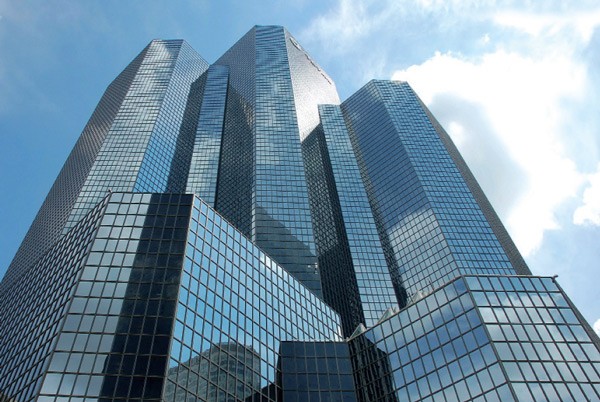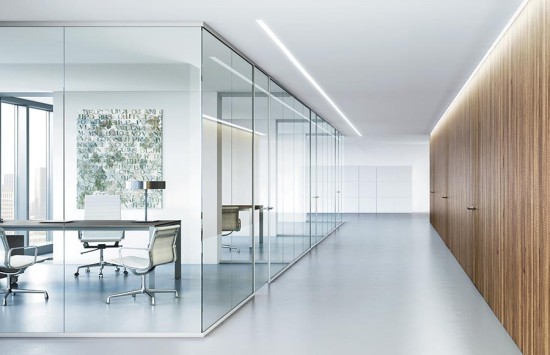Compared with traditional materials such as stone, brick, wood … the use of glass as alternative materials has contributed to the buildings of buildings, buildings, high-rise apartments, town houses, villas … Modern architecture, open space, environmentally friendly and high aesthetic.
Each type of glass has different technical characteristics, different prices. Special types of glass produced by modern technology with outstanding advantages are no longer exclusive of big projects, special projects or high-rise buildings. These types of glass go into each small project, even with small construction volumes.
Within the scope of this article we will examine what toughened glass is and its characteristics.
What is tempered glass?
Tempered glass is tempered by glass at very high temperature and quickly cooled by gas to create surface tension, increase bearing capacity, resist impact, with large load and shattering due to thermal stress, ability scratched low, high safety, surface compressive strength up to 10,000PSI while float glass normally only withstands less than 3,500PSI, so toughened glass withstands vibration, strong wind and strong impact.


Tempered glass is produced from normal glass material at a temperature of 700 degrees Celsius and quickly cooled by gas to create surface tension, increase bearing capacity, impact resistance, with large load and shatterproof. Tempered glass can withstand 4-5 times the force of ordinary glass of the same type, the same thickness and size. When impacted causes breakage, toughened glass breaks into many debris as small as pomegranate, without damaging the user. Meanwhile, semi-toughened glass also has a tempering process such as tempered glass but heated and cooled according to its own method, allowing 2-3 times more force than ordinary glass of the same type.

There is a small amount of Nickel Sulfide impurities in the composition of the glass that cannot be removed completely, and it is through this process that the glass will be changed to cause spontaneous explosion in the process used. Therefore, if funding conditions permit, use toughened glass that has been passed through the rear glass checker (Heat-Soak-Test). During this test, faulty glass products will break, minimizing the risk of spontaneous breakage when used.
Theo: vatlieuxaydung.org.vn



